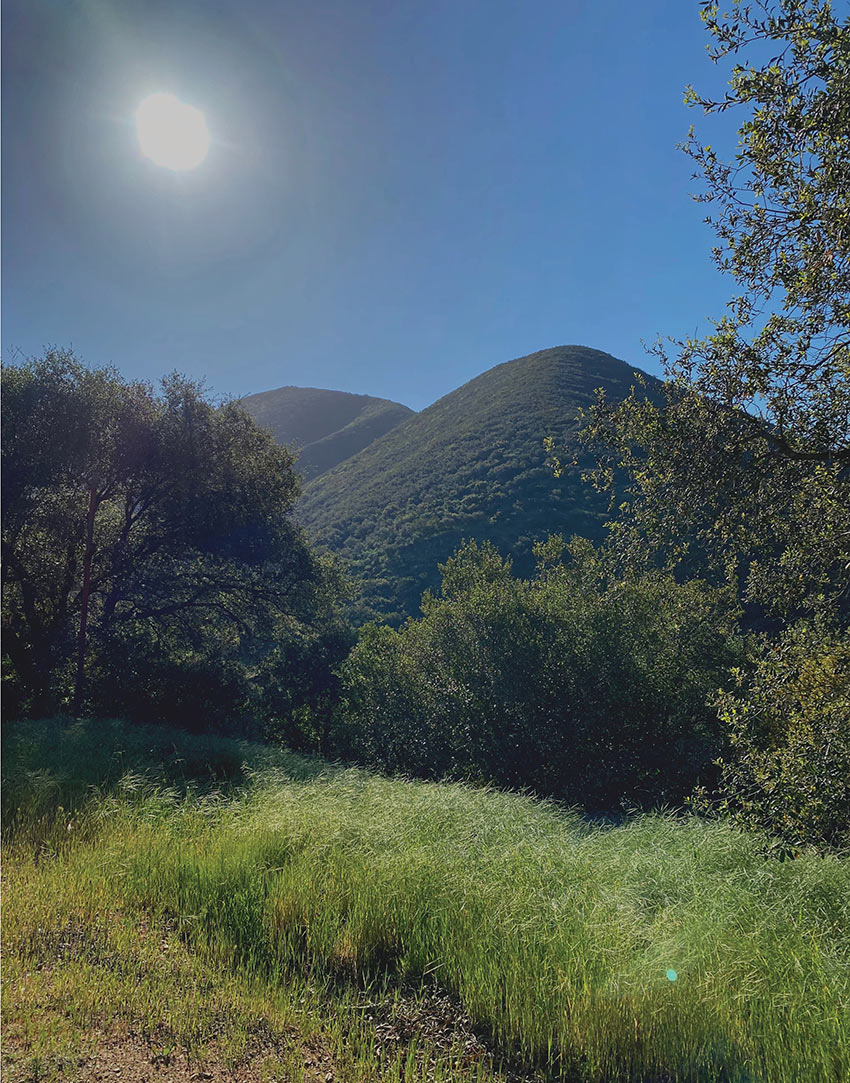Talk about it. Se habla español.
Life in Transition: A 3-day Residential Workshop
Date: May 31 - June 2, 2024
Cost: $1250 - Includes tuition, lodging and all meals starting Friday afternoon through Sunday lunch.
Location: Lazy W Ranch,
San Juan Capistrano, CA
https://www.lazywranch.org/
To Register: Print the Application Form or use our Instant Online Form
Application and $500.00 deposit can be brought into the office, shared via email to Sharon@WestValleyCounseling.org or mailed to:
West Valley Counseling Center
18226 Ventura Blvd. Suite 202
Tarzana, CA 91356
Please register early as space is limited to 25 Participants
If you have questions about the workshop process, please contact Dr. Sharon Burnett at Sharon@WestValleyCounseling.org or call at (818) 609-8703.
Approved by CAMFT for 26 Continuing Education Units

About the workshop:
Traumatic experiences have a profound influence on the human mind, yet the extent of this influence is not fixed, rather, we can have autonomy as to how. Interested in learning just HOW we do this? You’ve come to the right place…
Life In Transition is an immersive three-day retreat, where participants will delve further into a diverse learning experience designed to create personal growth, inner strength, and resiliency. The retreat will guide individuals through an experiential process, structured by, evidence-based, trauma-informed lens, towards recognizing the significance of embracing and processing past traumas as a step towards cultivating resilience in the face of life's challenges. Rooted in the seminal works of Dr. Elisabeth Kübler-Ross, best known for her development of the five stages of grief, this retreat was structured around her paradigm-shifting "Life, Death, and Transition" workshops.
Sharon Burnett, PhD, Life In Transition’s retreat facilitator and former student of Dr. Kübler-Ross, has honed her expertise over a span exceeding three decades! Participants are provided the opportunity to look deeper at entrenched behavioral patterns and mental and emotional blockage in order to gain insight around more productive alternatives.
The retreat intends to increase personal awareness in order to help participants come to understand how old patterns of behavior, initially developed for sheer survival, were responsible for present judgments, resentments, stress and exhaustion.Through the therapeutic modality of "externalization," participants have the chance to expand their current “toolset” in order to navigate and eventually overcome obstructive emotions. Participants work both individually and within group settings to gain a deeper understanding and knowledge around the potential negative impact surrounding unconscious coping mechanisms, while being provided alternatives through this explorative process. Join us, we would love to walk alongside you as you embark on this journey.
Have questions about who would be a good fit? Maybe you’re feeling fear or hesitancy? Or maybe questions about the logistics? All questions are great questions! Reach out via email at: info@westvalleycounseling.org and we are happy to support you with answers. Thank you and hope to see you there!

